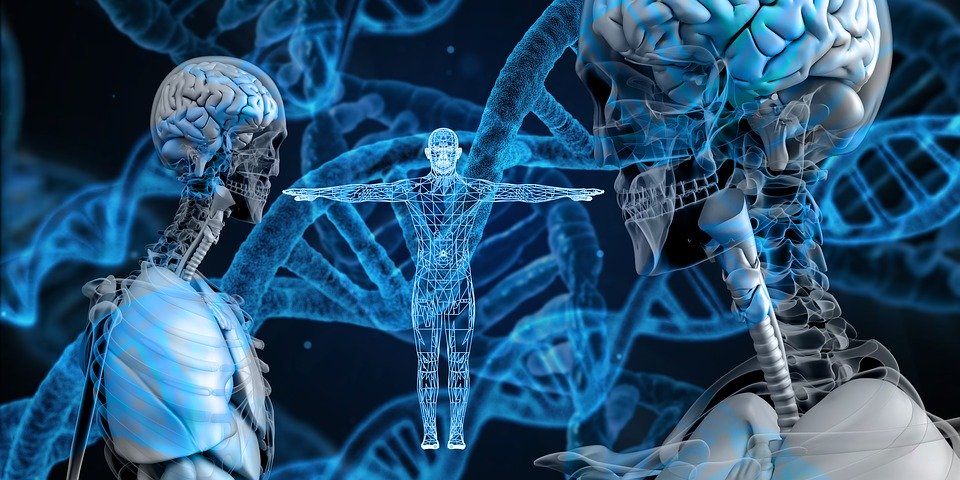
There are several benefits linked to DNA sequencing, and we've covered them in this blog post. They include;
· To obtain scientific information that reveals potential medical complications
In most cases, sequencing an individual's genome is carried out to derive information that helps determine if an individual is at risk of certain illnesses. In other words, it provides details on genetic variants that are likely to increase the development of diseases even in people without symptoms.
Actually, Eurofins Genomics provides DNA sequencing and other services to enable people to take action earlier and prevent possible disease development. Furthermore, DNA sequencing provides details about the drug's effectiveness and severe effects of the drug. The relationship between genome and drugs is referred to as pharmacogenomics.
The information one receives depends on the data collected from the publicly accessible database for human genome variation. The information a client obtains after decoding the DNA depends on the DNA test type selected. DNA sequencing benefits various target groups such as pregnant women, cancer patients, and family members who have a history of cancer.
Besides, through DNA sequencing, nonmedical information is obtained, including heritage background, non-health based trait information or details with an indirect medical effect like tendency to obesity.
· Technical accuracy
The genome sequencing process and data analysis are carried out as per the highest standards accessible to public consumers. Essentially, human genome sequencing is a state-of-the-art and innovative technology, plus novel discoveries in promoting data quality are continually being made.
Merogenomics picks service providers who can generate the highest quality information depending on the recently in print supporting records. Also, merogenomics provides third-party appraisal to make sure that the strict standards are met for consumers who are after tests from different service providers from those endorsed by Merogenomics.
· Protection of information
Protecting genetic information privacy, as well as entrée to informed consent, are crucial to the public. Also, they are the primary influencing elements in consumer genomic testing.
All the DNA tests endorsed by Merogenomics are typically clinical tests that require an ordering physician to sign a test requisition form. The service providers are skilled in safeguarding the patients' private information in line with the HIPAA regulations and work in harmony with hospitals and clinics across the world.
Providers of DNA sequencing services such as Eurofins Genomics do everything possible to safeguard the privacy of client's information and data. All data is encrypted, protected with a password and saved in a cloud. The tissue samples are kept in a secure biorepository until they can be done away with safely. Providers of DNA testing services do not dispense sensitive and private data to third parties without the client's consent.
Pathogenic variants or thought to be associated with disease symptoms of a client are reported to a public database that gathers clinical details on DNA mutations contributing to human disease. This database helps in the interpretation of the genome sequence of a client. The data evidence aids in future attempts to understand the nature of human illnesses. Deposited data is kept anonymous, and therefore it's not linked to the identity of a client.
· Outshining nongenetic healthcare providers
Direct-to-consumer DNA sequencing tests enable individuals to get health-based information in private outside the medical establishment despite the fact that a physician would be expected to act upon relevant information discovered via DNA sequencing.
DNA sequencing is a recent technology, and it's being applied in clinical care. However, it isn't standard and should be used as the last option in diagnosis. The applicability and utility of genome sequencing have not been fully incorporated in medical care education. As a result, most physicians can’t provide information about diagnostic genome sequencing opportunities.
Merogenomics can alert the client and their treating doctor about the potential utility plus available genome sequencing options. Merogenomics supervises the test procedure, and evaluations are carried out to standards fit for medical interpretation.
